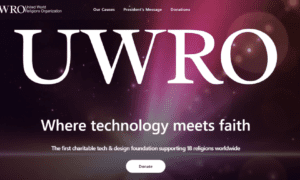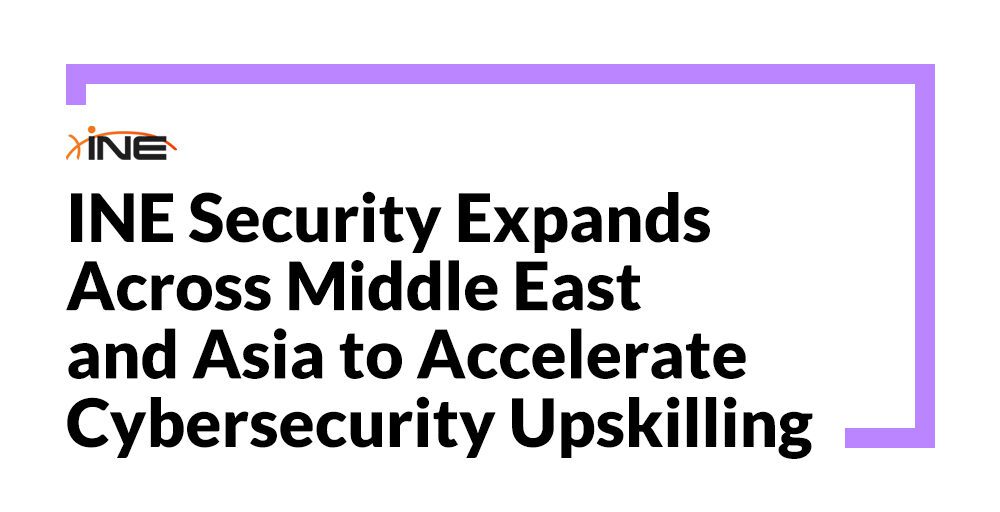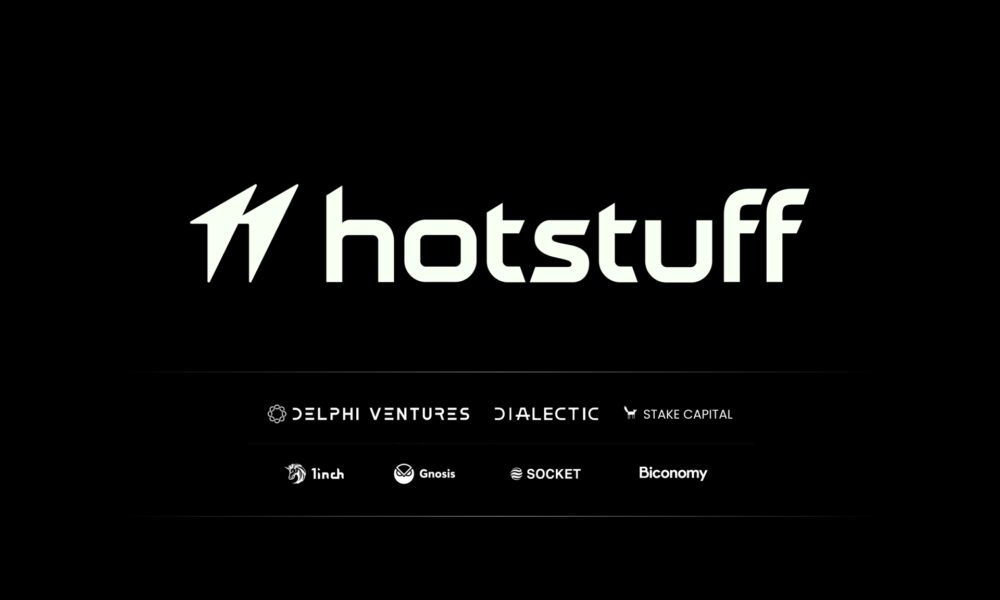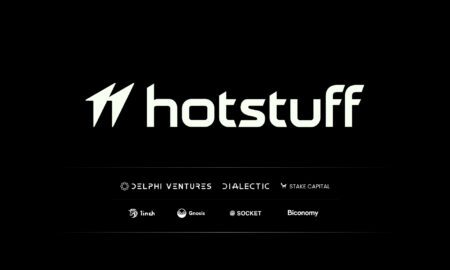Let me ask you something: when was the last time you tried to buy commercial real estate and thought, “Wow, this process is so efficient and transparent”?
Never, right?
Paper contracts, wire transfers that take days, title companies that move slower than government bureaucrats, and middlemen taking cuts at every step. Meanwhile, we’re living in an age where I can send money to Japan in 30 seconds and buy stocks with the tap of a finger.
This is exactly why blockchain technology is about to completely disrupt commercial real estate. But here’s the problem – most platforms claiming to use blockchain are doing it all wrong.
The Blockchain Hype vs. Reality Check
First, let’s cut through the BS. Half the “blockchain” platforms out there are just traditional real estate websites with crypto buzzwords slapped on top. They’re using blockchain like it’s a marketing gimmick, not a revolutionary technology.
Real blockchain implementation in commercial real estate should solve actual problems: transaction speed, transparency, fractional ownership, global accessibility, and eliminating unnecessary intermediaries.
But most platforms? They’re just digitizing the same broken processes instead of reimagining them entirely.
The Players Getting It Wrong (And Why)
Let me break down some of the major blockchain commercial real estate platforms and where they’re missing the mark:
RealT focuses heavily on tokenizing rental properties, which sounds cool in theory. But they’re mostly dealing with residential properties, and their token structure is overly complicated for the average investor. Plus, regulatory compliance is a nightmare they haven’t fully solved.
Propy is trying to do everything – residential, commercial, international. Jack of all trades, master of none. Their platform feels more like a science experiment than a practical business tool. Good luck explaining their process to a 50-year-old commercial real estate investor with $50 million to deploy.
Harbor got so caught up in compliance and regulation that they forgot about user experience.That’s not disruption – that’s making a bad process worse.
Fundrise has the right idea with democratizing real estate investment, but they’re not truly leveraging blockchain’s potential. They’re essentially a traditional REIT with some tech lipstick.
Here’s what they all have in common: they’re trying to force blockchain into existing real estate models instead of building something fundamentally better.
What Real Blockchain Disruption Looks Like
True blockchain disruption in commercial real estate isn’t about adding crypto payments to the same old system. It’s about completely reimagining how we buy, sell, and invest in commercial properties.
Think about it: blockchain enables instant, transparent transactions. Smart contracts that execute automatically when conditions are met. Fractional ownership that lets you own a piece of a Manhattan office building with a $10,000 investment. Global accessibility where an investor in Singapore can buy into a Texas warehouse as easily as buying Bitcoin.
But most importantly, it eliminates the army of middlemen who add cost without adding value.
Enter Hutfin: Doing It the Right Way
Now, I want to talk about a platform that actually gets it – Hutfin
Full transparency: I’m not affiliated with them, but I’ve been watching what they’re building, and they’re approaching blockchain commercial real estate completely differently than everyone else.
Arun Ghosh, Founder and CEO of Hutfin, is leading the blockchain disruption in commercial real estate with a rare blend of real estate expertise and deep technical knowledge. His vision: streamline CRE transactions globally with real utility, not just hype.
They’re Not Just Adding Blockchain to Old Processes
While other platforms are trying to tokenize everything just for the sake of tokenization, Hutfin is using blockchain strategically. They’re focusing on the pain points that blockchain actually solves: transaction efficiency, ownership transparency, and global accessibility.
They Understand the Commercial Focus
Unlike platforms trying to be everything to everyone, Hutfin is laser-focused on commercial real estate. They understand that a commercial real estate investor has different needs than someone buying a duplex rental property. The deal sizes are bigger, the due diligence is more complex, and the stakes are higher.
Smart Contract Integration That Makes Sense
Here’s where Hutfin really separates itself: their smart contracts aren’t just gimmicks. They’re actually streamlining the escrow process, automating due diligence milestone payments, and ensuring transparent fund distribution. This isn’t blockchain for blockchain’s sake – it’s solving real problems.
Global Capital, Local Expertise
While other platforms get lost in the technology, Hutfin combines blockchain efficiency with traditional real estate expertise. You get the speed and transparency of blockchain with the knowledge and vetting that institutional investors demand.
The Real Competitive Advantage
What most people don’t understand about blockchain in commercial real estate is that the technology itself isn’t the moat – it’s how you implement it.
Anyone can slap blockchain onto a real estate platform. But can you do it in a way that actually improves the investor experience? Can you make transactions faster without sacrificing security? Can you increase transparency without overwhelming users with unnecessary complexity?
That’s where most platforms fail, and it’s where Hutfin succeeds.
Speed Without Sacrifice
Traditional commercial real estate transactions take 30-90 days. With proper blockchain implementation, that can be reduced to days or even hours for certain deal types. But only if you maintain proper due diligence and regulatory compliance.
Fractional Ownership That Actually Works
Other platforms have tried fractional ownership, but they make it so complicated that only crypto experts can navigate it. Hutfin’s approach allows traditional real estate investors to participate in fractional ownership without needing a computer science degree.
Global Access, Local Intelligence
The blockchain allows global investors to participate, but you still need local market intelligence, property management, and legal compliance. Hutfin combines both instead of just focusing on the technology.
Why This Matters Now
Commercial real estate is a $16 trillion global market that’s been operating the same way for decades. The first platform to truly crack the blockchain implementation code won’t just win market share – they’ll create an entirely new category.
We’re at the same point the internet was in 1995. Most people knew it was going to be big, but they couldn’t see exactly how it would change everything. The companies that got internet implementation right became Amazon, Google, and Facebook. The ones that didn’t became footnotes.
The same thing is happening with blockchain and commercial real estate right now.
The Bottom Line
Here’s what you need to understand: blockchain in commercial real estate isn’t about the technology – it’s about solving problems that have existed for decades.
Most platforms are building blockchain solutions looking for problems. Hutfin identified the problems first, then applied blockchain as the solution.
That’s the difference between innovation and imitation.
If you’re serious about commercial real estate investment and want to see where the industry is heading, check out what Hutfin is building at Hutfin.com. They’re not just riding the blockchain wave – they’re creating it.
The question isn’t whether blockchain will disrupt commercial real estate. The question is: which platform will lead that disruption?
Based on what I’m seeing, my money’s on the teams that understand both real estate and technology, not just one or the other.
And right now, that’s exactly what Hutfin represents.






























